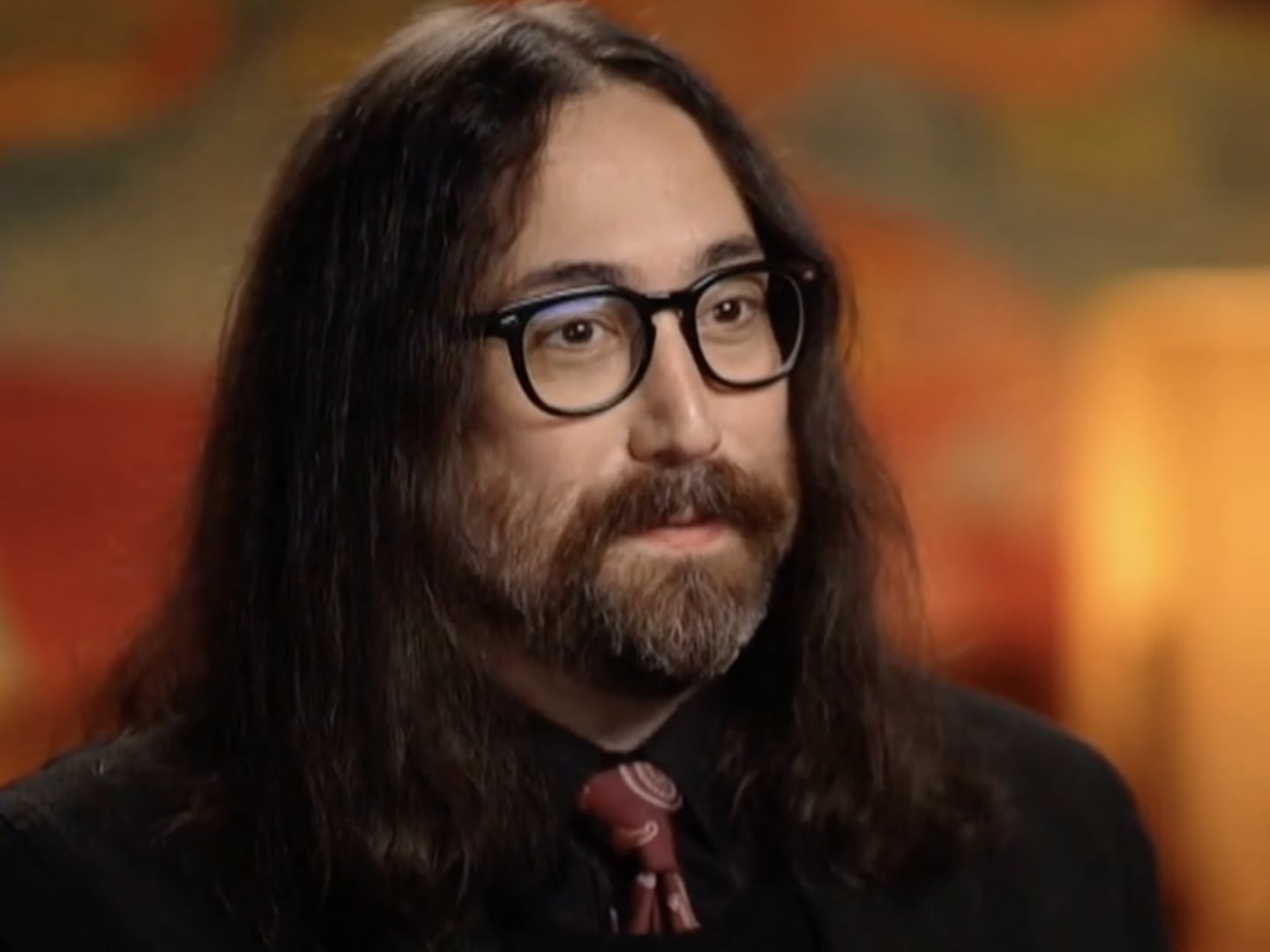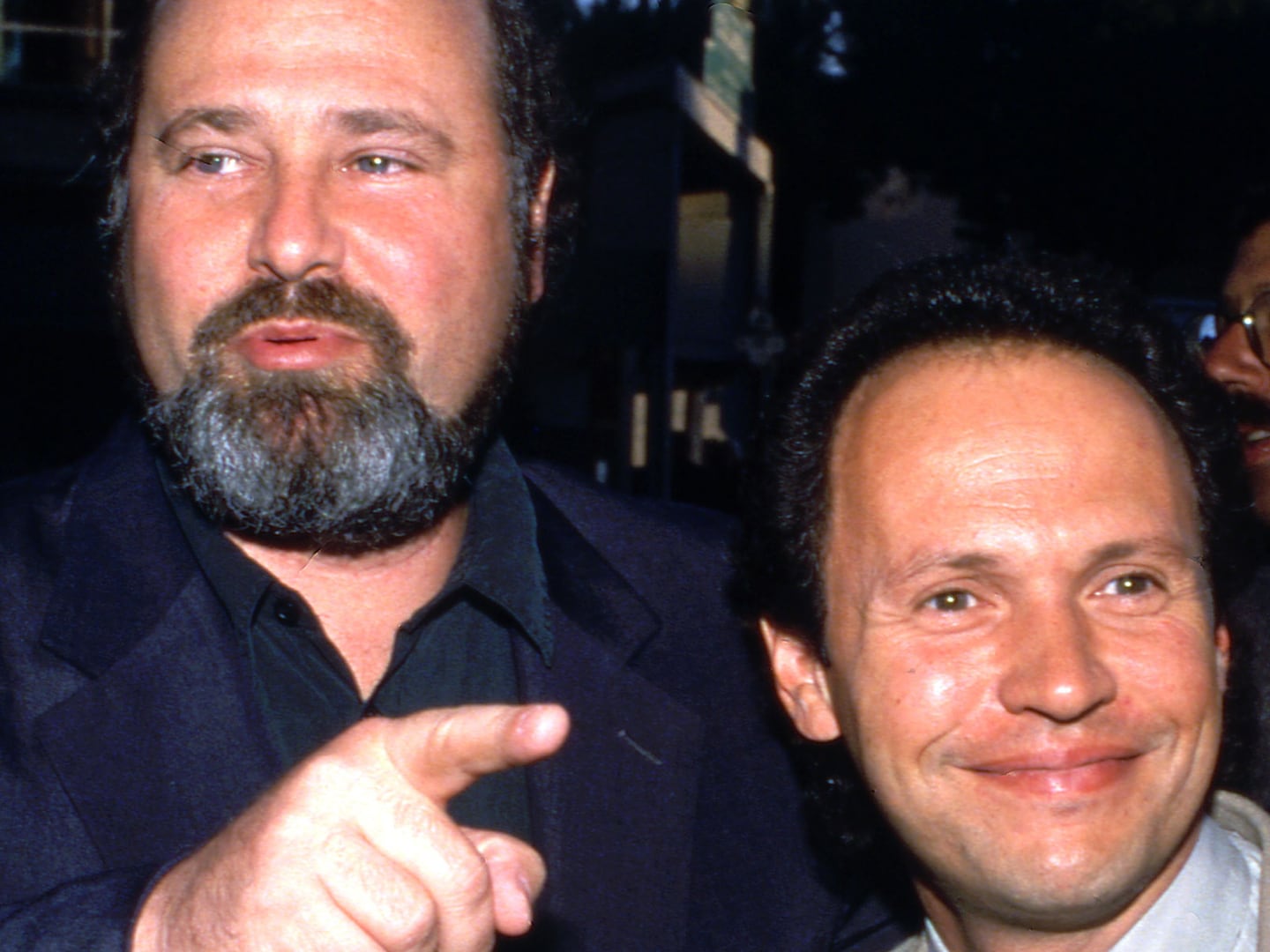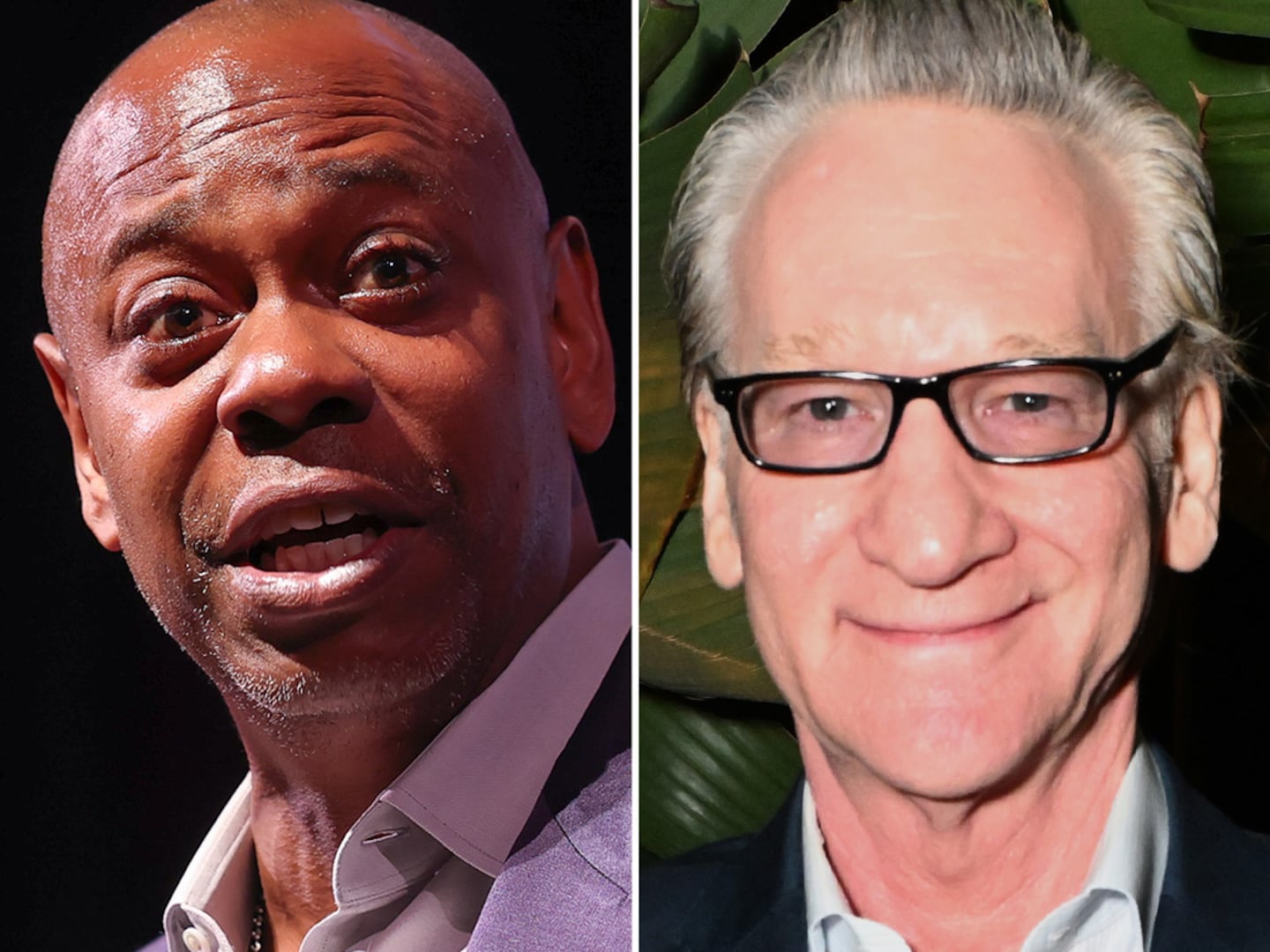Director Steven Soderbergh and writer Ed Solomon use noir as a vehicle for ethical drama, taut thrills, and capitalistic censure in Full Circle, a Hitchcockian companion piece to their 2021 film No Sudden Move. Led by a star-studded ensemble, the duo’s suspenseful streaming effort rarely lets its foot off the pedal or proffers easy answers to its jagged questions. Intertwined conspiracies are afoot in their six-part Max limited series (premiering July 13), whose deft storytelling does much to galvanize its portrait of moral responsibility, both to one’s own and to those anonymous individuals whose fates are impacted by distant, detached decisions and actions.
In a swanky NYC apartment that’s just been remodeled at a cost that everyone assumes was astronomical, Derek (Timothy Olyphant) and Sam Browne (Claire Danes) live comfortably with their son Jared (Ethan Stoddard), who has a vexing habit of losing his expensive possessions, be they his phone, his sweatshirt, or the designer shoes he displays on his bedroom wall. Unbeknownst to his parents, Jared has struck up an online friendship with a teen named Nicky (Lucian Zanes) who claims to have his missing stuff, and one evening, they agree to meet downtown, prompting Jared to sneak out. Shortly thereafter, Derek and Sam return home from a night out and, upon discovering that Jared isn’t in bed, receive a phone call that rocks their world: their son has been kidnapped, and if a massive ransom isn’t paid in short order, he’ll be killed.
Fortunately for the couple, Sam’s father is Chef Jeff (Dennis Quaid), whose celebrity affords them access to the $314,159 they need to procure Jared’s freedom. Yet before they can set a plan in motion—which involves Jeff borrowing the necessary cash from his casino-buddy creditors—Jared appears in the apartment, unharmed. It’s at this point that Full Circle truly kicks into gear, as Derek and Sam realize that an apparent stranger has been abducted (seemingly making this not their problem) and that they still have the power to save him (given that the criminals don’t comprehend their mix-up). It’s the first of many prickly dilemmas they’ll face, and they’re not the only ones forced to confront traumatic challenges over the course of the series, as Soderbergh and Solomon expand their scope from the start to ensnare myriad players in this quagmire.
Before most of the aforementioned events take place, Full Circle has already introduced viewers to those responsible for its central underworld mistake. The order for nabbing Jared has come from Ms. Mahabir (CCH Pounder), a Guyanese queenpin who runs her operation with gambling debt-riddled right-hand man Garmen (Phaldut Sharma), loyal nephew Aked (Jharrel Jerome), and a group of underlings that now include recently imported teens Xavier (Sheyi Cole) and his friend Louis (Gerald Jones), whose sister Natalia (Adia) is Mahabir’s masseuse. Mahabir is convinced that kidnapping Jared will alleviate a long-standing curse upon her family (which it acquired via her deceased husband), thereby closing the figurative “circle” that was broken. Hence, the ransom-money amount is a riff on Pi, and the transaction is scheduled to take place in a chalk-outlined circle in Washington Square Park.

Just as Derek and Sam must decide whether to risk their own necks by rescuing an unknown child, Louis and Natalia—upon learning what Mahabir is up to—begin reconsidering their loyalty to their ruthless employer. At the same time, unstable and combative United States Postal Inspection Service agent Melody Harmony (Zazie Beetz), her name an ironic commentary on her abrasive personality, is looking into Mahabir for a “whack-a-bum” insurance scam in which she murders, and collects payouts for, her disadvantaged clients. This leads Harmony to Washington Square Park on the fateful night, during which a jarring shooting takes place. Rather than ending the case, though, that calamity is merely one of numerous cascading complications that sends these characters into a veritable tailspin, their long-held secrets and lies tumbling out in the process.
A Guyana real estate development deal, clandestine relationships, and mistaken identities are all central to Full Circle, which gradually crystallizes into a study of personal and professional frauds, and of the obligations people have to themselves and others. Soderbergh and Solomon weave a tangled web of high society, immigrant and law enforcement nobility and nefariousness, with the writer’s sharp, fractured plotting (excellently integrating modern technology into its tale) meshing nicely with the director’s fluid, dexterous camerawork.
Amplified by Zack Ryan’s Bernard Herrmann-esque score, the series traces its crisscrossing lines with aplomb, wending its way through a thicket of sinister allegiances, ulterior motives and double crosses. That it does so while capturing the precise look and feel of modern-day New York City—be it in a crowded park, a luxury residence, or bustling midtown traffic—only bolsters its pulpy multicultural energy.
Full Circle’s critique of the rich and powerful (and the lengths they’ll go to profit and protect themselves) may not be particularly novel, but it’s also far from one-note; Soderbergh and Solomon cast Sam, Derek, Jeff and their associates (including Sam’s retired-cop uncle Gene, played by a great William Sadler)—as well as their beleaguered criminal counterparts—in various shades of gray. The series eschews pedantry at every turn, choosing instead to foreground its genre surprises and the excellent performances of its cast, be it a brusque Beetz, harried Danes, guilt-ridden Olyphant, fearsomely superstitious Pounder, or amorally corrupt Jim Gaffigan as Melody’s postal-inspector boss. Always keeping its characters in clear view, and repeatedly tipping its hand about its nominal mysteries so it can move onto subsequent, even thornier issues and situations, Full Circle places a welcome premium on nerve-wracking propulsion.

Only during its finale does Soderbergh and Solomon’s newest collaboration peter out, its resolutions a bit more underwhelming than expected. That flatness comes as its own minor shock, especially since Beetz and Danes do perhaps their finest work in these closing passages. Any late missteps, however, aren’t enough to undermine the sinuous muscularity of Full Circle, which knows that crimes are frequently committed by people who believe they’re justified in doing wrong—and that, no matter how deeply they’re buried, such misdeeds often have a way of coming back around again.
Liked this review? Sign up to get our weekly See Skip newsletter every Tuesday and find out what new shows and movies are worth watching, and which aren’t.






